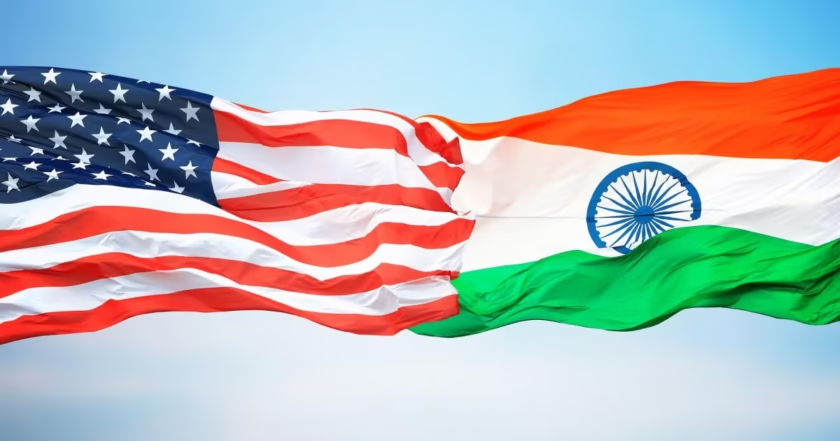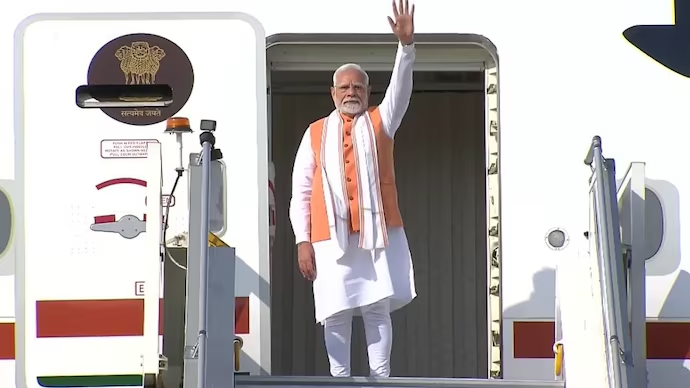OTTAWA,– Mark Carney has been elected as the new Prime Minister of Canada, succeeding Justin Trudeau. The Liberal Party of Canada overwhelmingly chose the former central banker as their leader, despite his warnings about “dark days” brought on by U.S. President Donald Trump.
In a resounding victory, Carney won 85.9% of the approximately 152,000 votes cast, defeating former Deputy Prime Minister Chrystia Freeland, who secured only 8% of the votes.
In his victory speech to a jubilant crowd in Ottawa, Carney took a firm stance against the U.S. administration, accusing President Trump of attacking Canadian workers, families, and businesses. “We cannot let him succeed,” he declared, warning that the U.S. was attempting to exert control over Canada’s resources, water, and land.
Uncertain Political Future
Although Carney’s victory marks a new era for the Liberal Party, his tenure may be short-lived. Canada is set to hold a federal election by October 2025, but political analysts suggest a snap election could take place within weeks. Current polls indicate the opposition Conservative Party, led by Pierre Poilievre, holds a slight edge.
The campaign against Trump’s influence in Canada was central to Carney’s platform. The U.S. president’s recent economic policies, including unpredictable tariffs and trade disruptions, have created turmoil for the Canadian economy. Trudeau, in his farewell speech before the leadership results were announced, warned that Canadians face “an existential challenge” from their southern neighbor.
A Battle-Tested Economist but an Untested Politician
Carney, 59, has an extensive financial background, having served as the governor of both the Bank of Canada and the Bank of England. He played a crucial role in steering the economy through the 2008-09 financial crisis and the economic turmoil following Brexit. However, he has never held elected public office.
His lack of political experience has led to concerns among analysts, with some suggesting his inexperience on the campaign trail could be exploited by the opposition. Attack ads from the Conservative Party have already labeled Carney as a “flip-flopper” and accused him of misrepresenting his record.

Despite this, recent polling from the Angus Reid Institute indicates that 43% of Canadians trust Carney to handle U.S.-Canada relations under Trump, compared to 34% for Poilievre.
The Road Ahead
Carney’s leadership comes at a time when the Liberal Party had been struggling in the polls, particularly before Trudeau’s January resignation announcement. However, his victory and Trump’s growing influence in global affairs appear to have revitalized the party’s prospects.
“We were written off about four months ago, and now we’re right back where we should be,” said former Liberal MP Frank Baylis.
Political scientist Cameron Anderson noted that Carney’s strong anti-Trump stance may resonate with many Canadians, but he remains untested in an election setting. “There is definitely a danger,” Anderson said. “He has not been proven in the furnace of an election.”
With Canada’s next general election potentially around the corner, Carney faces a major test in uniting the Liberals and leading them against a resurgent Conservative opposition. His leadership skills and economic expertise will be put to the ultimate test in the coming weeks.






